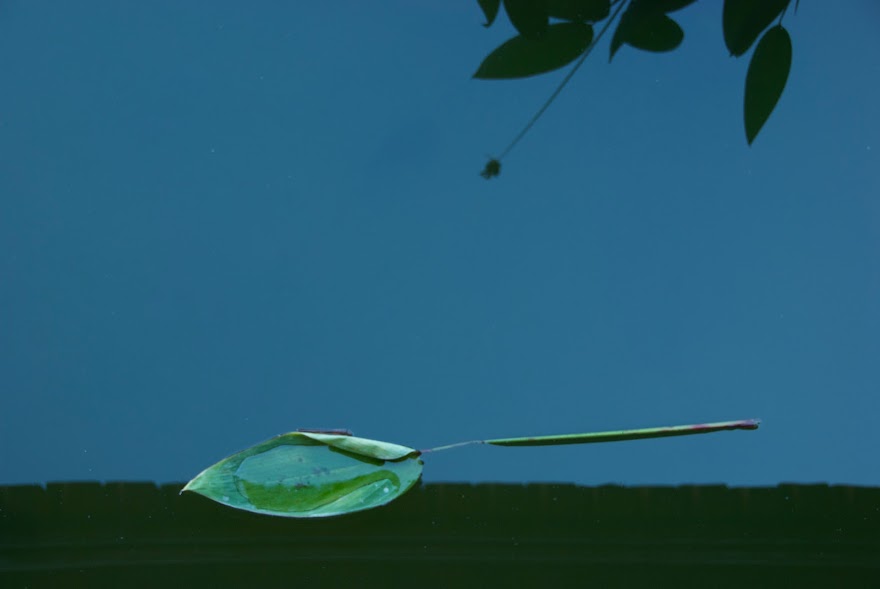I learned yesterday from an article in the WALL STREET JOURNAL that there is a whisky boom which is changing the character of Islay, the home of my--and apparently an increasing number of others'--favorite liquid. I did not know that and I am not responsible, except in that I may have influenced a few others to try Laphroaig. I personally have not increased my consumption. I have been drinking Laphroaig 10 year at a slow but steady pace for decades. The problem of housing for workers is becoming common, if not yet already universal.
whisky-boom-stresses-remote-scottish-island-11663416946
I thank Dan for a link to an article about a 'science' experiment to discover how ancient sailors made their way west in the Mediterranean Sea in summertime. I put 'science' in quotes because I doubt the problem, and the claimed solution is obvious to any good sailor. I expect this gave a number of people some fun, but it was a waste of money.
First, I have spent parts of several summers in the Med. The cliche about the Med is that there is too much wind or too little. I think there is some truth to that. In summer, particularly in the west, too little. However, I sailed the length of the Med in CT2 from Port Said to Vilamoura, Portugal, with only a single stop at Malta and I remember no difficulties other than the Levanter in the Straits of Gibraltar and almost being run down by a Portuguese patrol boat two nights later. I was awake and turned a flashlight on the mainsail. The patrol boat roared up to me, came to a stop, and the officer in charge angrily demanded, "What do you think you are doing out here?" I replied calmly, "I think I am sailing from Malta to Vilamoura." He stared at me. His mouth opened to say something. His mouth closed. He gestured to the helmsman and the boat speed away, leaving CT2 bobbing in its wake. It is true that CT sailed better and much closer to the wind than ancient ships.
Second, I find it obvious that ancient sailors when facing adverse wind would heave to or anchor and wait for the wind to change. I still do.
Third, in the absence of any wind I would have expected ancient sailors to turn on the power: i.e. start rowing.
The man behind this 'experiment' is said to have been a pilot for twenty years before taking an interest in sailing. I say he is still not a sailor.
seafarers-mediterranean-wind-david-gal
I just bought a new laptop, a MacBook Air. Possibly it will be my last. I now use my iPad Pro more than a laptop. In order to future proof this one I pretty much maxed it out. 16 GB ram; 1 TB hard drive. I bought one in the color Apple calls Midnight. I read several reviews claiming this is a fingerprint magnet. The reviewers have stickier fingers than I or are more neurotic. I do not find fingerprints a problem.
I bought my first laptop thirty years ago. It was an Apple PowerBook which had 4 MG ram and a 40 MG hard drive. Back then that was enough. I wrote two books on it. It also was the most expensive laptop I have ever owned, costing roughly $500 more than the new MacBook Air. An impressive business.
A few days ago I saw an article headed: When Was WW 2? Really? People have to ask? I realize that only a small percentage of those presently alive on this planet were alive during any part of WW2. I am one of them, though I have no memories of the war. But not to know about WW2? To have to ask when it happened unless you are very, very young?
George Santayana: Those who cannot remember the past are condemned to repeat it.
There's a future to contemplate.

You remind me of an article on Scotch whiskeys in the New Yorker some years back: https://www.newyorker.com/magazine/2013/02/11/spirit-guide.
ReplyDelete